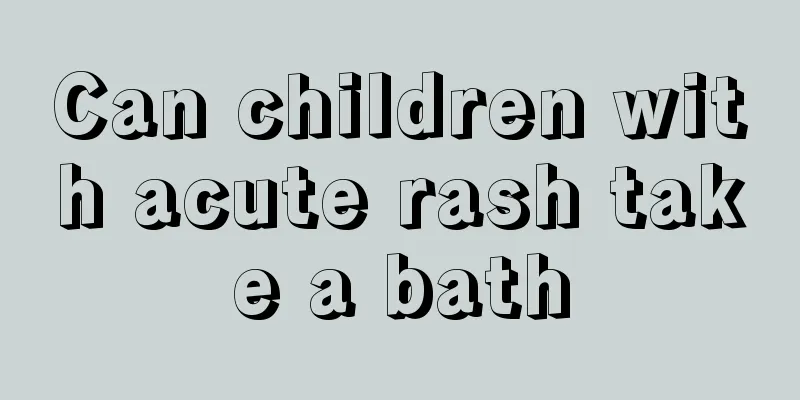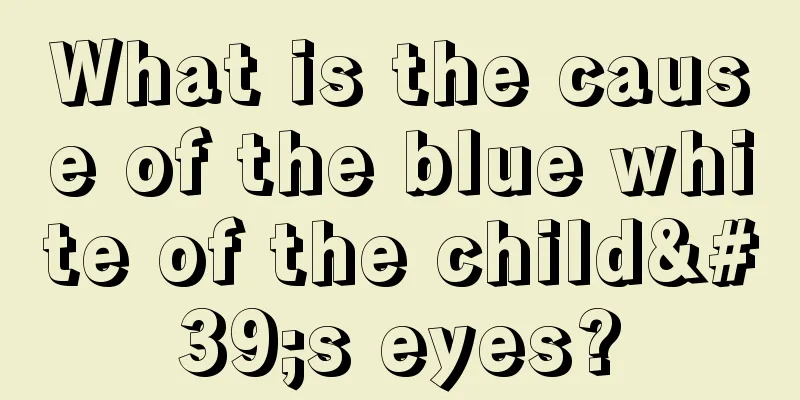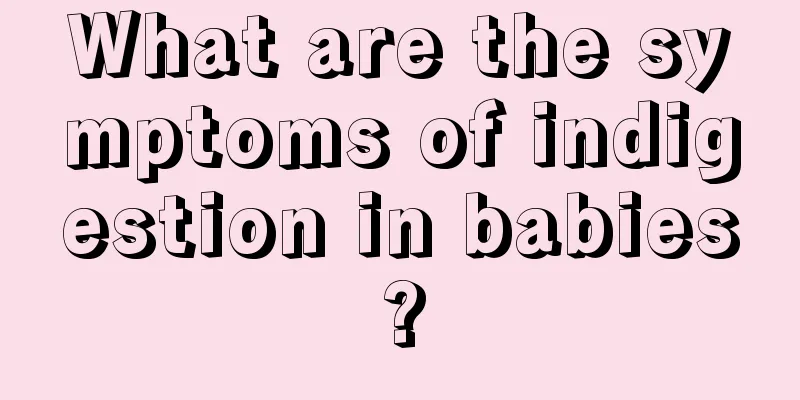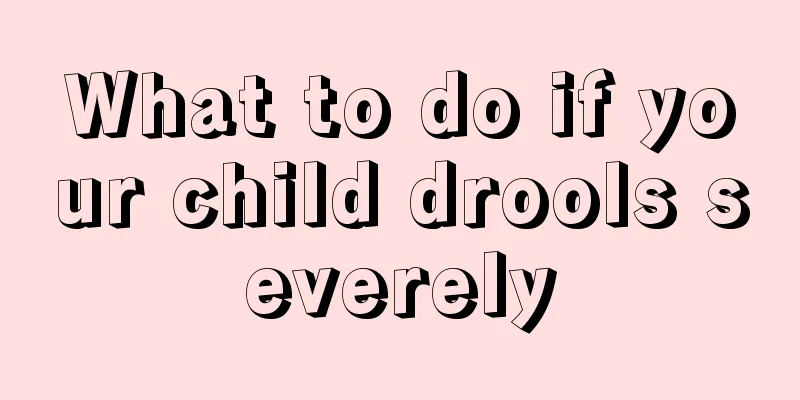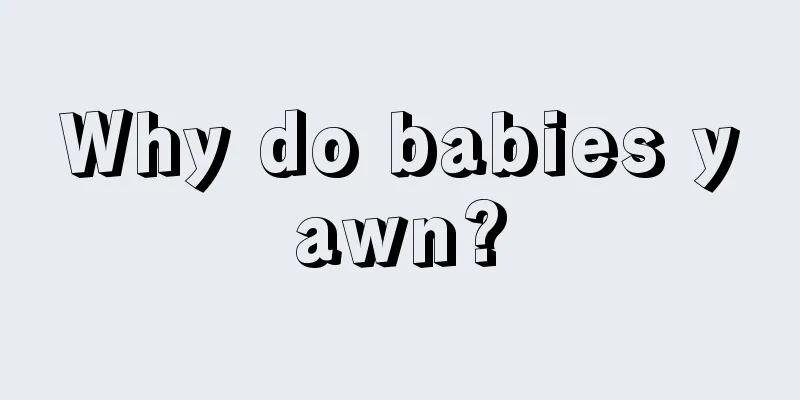What are the symptoms of viral encephalitis in children?
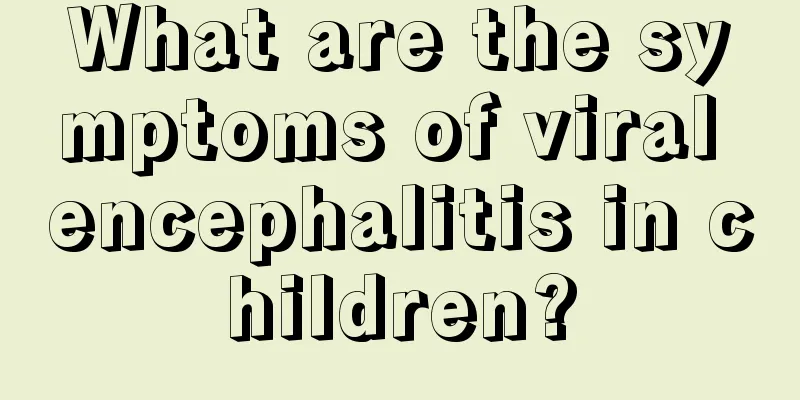
|
Children have relatively poor resistance when they are young. If parents do not pay attention to their care, they are prone to various diseases. Among them, viral encephalitis is a common disease among children. This disease is extremely harmful. If not treated in time, it may leave serious sequelae to the child and even put the child's life in danger. However, many people do not know what symptoms of viral encephalitis will appear in children? Acute viral encephalitis in children refers to primary encephalitis caused by direct virus invasion of the brain parenchyma. This disease occurs throughout the year, so it is also called sporadic encephalitis. Common viruses that cause encephalitis include enteroviruses, herpes simplex virus, myxoviruses, and some other viruses. The main clinical manifestations are symptoms of brain parenchymal damage and signs of intracranial hypertension, such as fever, headache, vomiting, convulsions, and coma in severe cases. However, due to the different locations and ranges of virus invasion, the severity and forms of the disease may vary. Symptoms and constitution 1. Viruses with different medical histories have different transmission routes, seasons of occurrence, and ages of occurrence. For example, mumps virus encephalitis is transmitted through the respiratory tract, often occurs in winter and spring, and is more common in older children; enterovirus encephalitis is more common in summer and autumn, and is transmitted through the respiratory tract and acute viral encephalitis intestinal infection, and is more common in young children. 2. Symptoms and signs vary depending on the location and severity of the lesions. Diffuse encephalitis often starts with general discomfort, followed by coma and convulsions, accompanied by fever; brainstem encephalitis often has symptoms such as facial nerve paralysis, choking, dysphagia, limb numbness, weakness and (or) oculomotor nerve paralysis, pseudobulbar palsy, etc. Pseudotumor encephalitis often presents with headache, vomiting, poor limb movement or paralysis, aphasia, mental symptoms, and intracranial hypertension. At the same time, pay attention to the symptoms of the primary disease, such as mumps virus encephalitis accompanied by parotid gland swelling; herpes virus encephalitis with herpes on the skin, coxsackievirus and echovirus encephalitis may have rash, myocarditis, hand, foot and mouth disease, etc. If the lesion involves the meninges (meningoencephalitis), positive meningeal irritation signs will appear. The above are some conditions when children develop viral encephalitis. If your child has the above symptoms, it is best to go to the hospital for examination and treatment in time. Most children will have fever and headache when they develop viral encephalitis. Some are more sleepy. If you have viral encephalitis, you must not be careless and be sure to take your child to a professional and regular hospital for examination and treatment. |
<<: What are the causes of amblyopia in children?
>>: Will there be any sequelae if a child suffers from encephalitis?
Recommend
Newborn baby doesn't like to sleep for 40 days
If a newborn baby does not like to sleep at 40 da...
How long does it take for a newborn to turn white?
The skin of newborn babies is usually yellowish o...
How long does it take for a newborn's skin to turn white?
I believe many people have had this experience: w...
Signs of growing taller
Many people have experienced some signs of growin...
What kind of milk is suitable for children
Milk is a favorite of many people. There are many...
What are the dietary treatments for relieving cough and reducing phlegm in babies?
When the temperature difference is large, or when...
Is it normal for a 13-year-old to have itchy nipples after taking a shower?
A 13-year-old girl is at the beginning of puberty...
What causes ADHD in children?
Nowadays, many children like to move around, and ...
What to do if your child's eyes are flashing
Generally speaking, myopia is accompanied by a li...
Four-year-old with autism
The onset of autism in a four-year-old child has ...
What is the diet for babies after weaning?
Generally, our babies will face weaning when they...
What should I do if my child has a short tongue tie?
The so-called tongue tie is actually the tongue t...
What is the reason for the baby's sudden loss of appetite?
Babies are prone to many diseases. When treating ...
What causes nausea and vomiting in children?
Children's stomachs are very sensitive, and t...
Baby's scalp is hot but forehead is not hot
Babies have relatively less hair on their heads, ...


